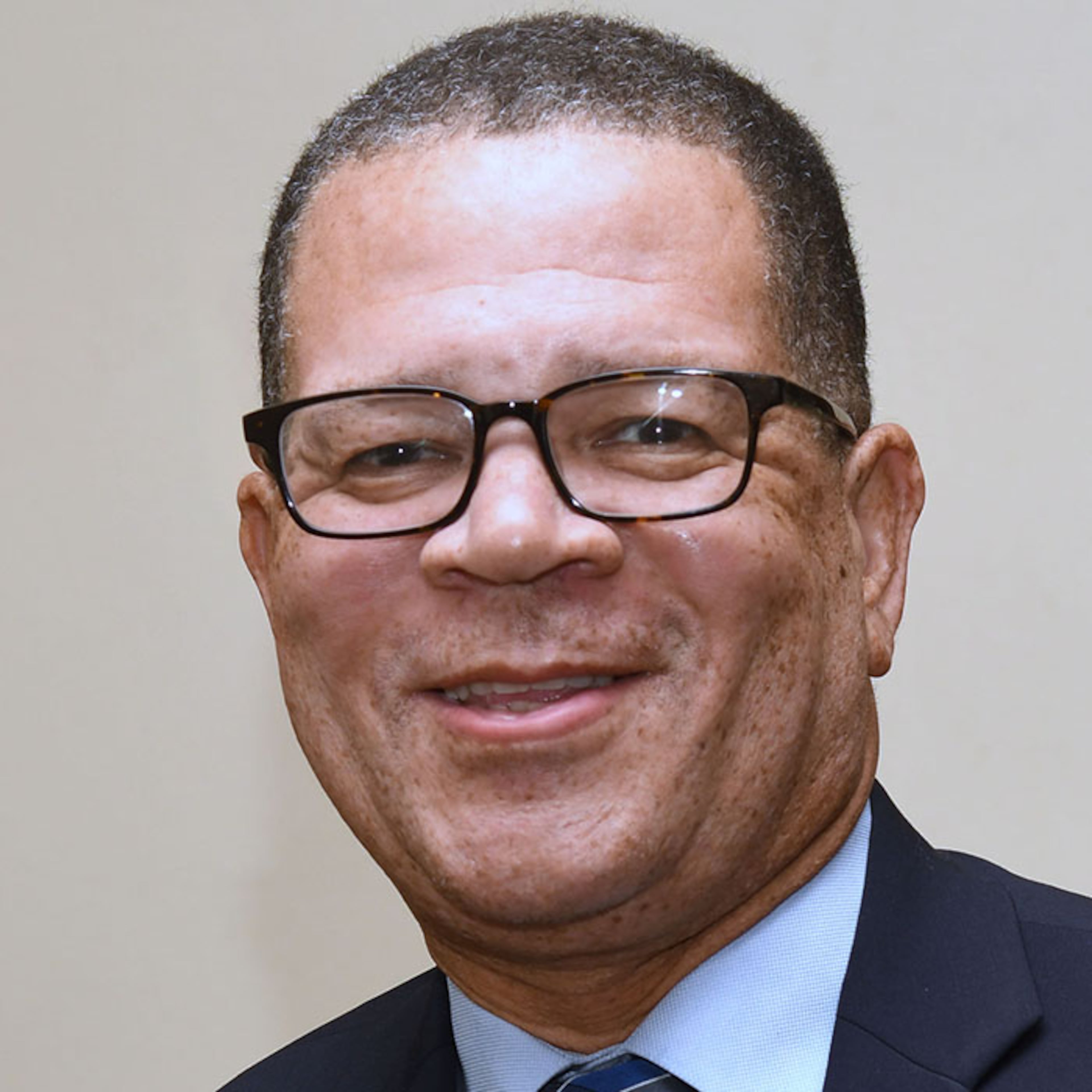Jimmy Carter was proof that the righteous walk among us
When former President Jimmy Carter died Sunday, the world lost a luminary figure. Carter was a man whose life and servant leadership resonate deeply with the age-old Jewish mystical tradition of the 36 righteous men.
According to this belief, extraordinary individuals walk among us, holding back the darkness that threatens to engulf humanity. I believe that this elite group of remarkable people included the Rev. Martin Luther King Jr., Mother Teresa, Nelson Mandela and Carter, a man who embodied the essence of righteousness, serving as a moral compass in turbulent times.
Born in the small town of Plains, Carter’s journey from humble beginnings to the highest office in the land is nothing short of incredible. His upbringing on a peanut farm instilled in him a sense of hard work and community, values that would shape his political career and presidency.
Yet, he was more than just a politician; he was a statesman whom I greatly admired. Carter understood the importance of elected office, and he knew that leadership is not merely a position of power but a call to service.

As an 18-year-old freshman at Morehouse College, I cast my first vote in a presidential election in 1980 for Carter, a choice that felt deeply personal. My uncle, Reginald Eaves, the former commissioner of Public Safety in Atlanta, knew Carter on a first-name basis, adding a layer of connection to this extraordinary man. This personal relationship, albeit indirect, made me feel as if I was part of something larger than myself — a movement toward a better, more equitable society.
Carter’s presidency, from 1977 to 1981, was marred by economic challenges and political strife. As a teen in 1979, I witnessed the inconvenience of long lines at the gas stations with fuel being rationed during the energy crisis and the futility of the U.S. government in resolving the Iran hostage crisis.
Through these turbulent times, however, Carter’s time in office was marked by integrity and honesty. His commitment to peace was most evident in his role as a mediator in the Camp David Accords, in which he convened diplomatic talks between Israeli Prime Minister Menachem Begin and Egyptian President Anwar Sadat, resulting in a peace agreement in the Middle East.
Here was a leader who recognized that diplomacy and dialogue could bridge even the widest chasms of conflict, earning him a Nobel Peace Prize in 2002.
However, what truly set Carter apart was not his achievements during his presidency but the profound impact of his postpresidential life. Though many former presidents retreat into the shadows of their legacies, Carter stepped into the light, embodying the very principles he espoused while in office.
His postpresidency work with Habitat for Humanity is one of the most significant aspects of his legacy. Building homes for those in need is more than just a charitable endeavor; it is a testament to his belief that every individual deserves dignity and a place to call home.
Carter’s commitment to humanitarian efforts extended beyond the shores of the United States to the global community.
His tireless work to eradicate guinea worm disease and malaria in West Africa showcased his dedication to alleviating human suffering. He spent years mobilizing resources, raising awareness and rallying communities around the world to address these preventable diseases. His passion for service was not limited to grand gestures; it was woven into the fabric of his daily life.
Carter’s accessibility and approachability as a former president are rare qualities in political figures.
He became a fixture at Atlanta Braves baseball games, kissed wife Rosalynn on “kiss cam” at Atlanta Hawks games, famously sat in the economy section on commercial flights and regularly taught Sunday School at his church in Plains. These acts of humility bridged the gap between the role of a former president and the everyday citizen, reminding us that leaders, too, are human.
In an era of political division, his example serves as a blueprint for how public officials should conduct themselves: grounded in compassion, empathy and a commitment to the greater good.
As I reflect on Carter’s legacy, it is essential to recognize that his impact extends beyond the confines of American politics. He inspired generations of leaders and citizens alike to embody the values of service, integrity and moral courage. In a world often plagued by cynicism and disillusionment, Carter’s life reminds us of the power of hope and the potential for positive change.
I mourn the loss of President Carter, but I celebrate the indelible mark he left on the world. He showed us that righteousness is not defined by public accolades or grand achievements but by the quiet, steadfast commitment to making the world a better place for all.
In many ways, he was one of those 36 righteous men, a beacon of light in dark times, holding back despair through his unwavering dedication to service.


